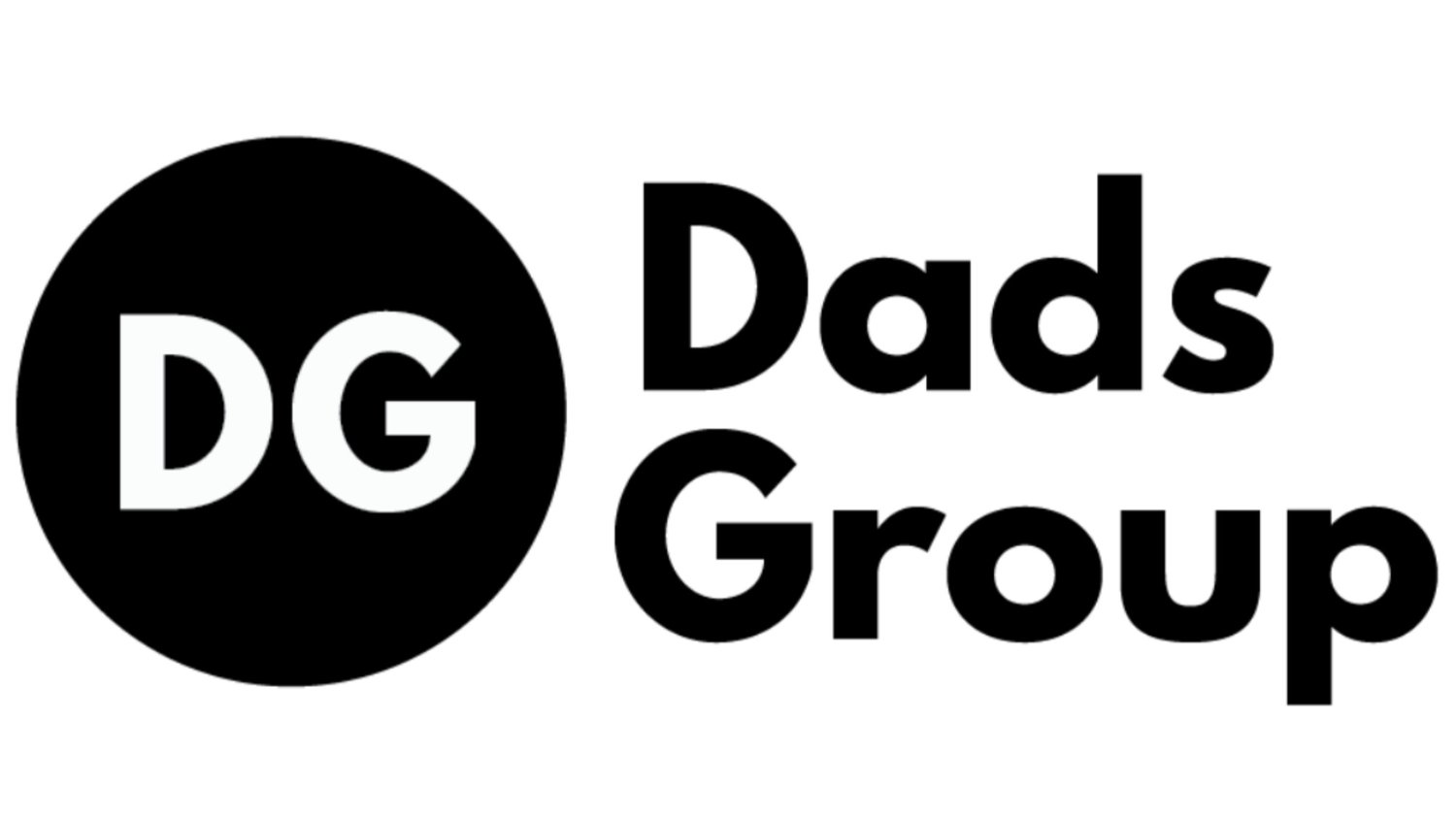Unexpect what you expect about expecting
We often say nothing compares to the experience of parenthood. Which also means nothing prepares you for becoming a parent. Nothing, NOTHING is as big as the news that you’re pregnant. There is nothing even remotely close to those three words, “we are pregnant!” Because those are loaded words. Every man goes through something different when he hears them. Layers of history, experience and bias emerge; and these confuse (even threaten) the joy that comes with the news of fatherhood.
Founder of Dads Group, Tom Docking, shares his experience of finding out he was going to be a dad:
We had other plans and so it was quite a big shock. And I think my response was, I guess fake excitement and fake joy because on the inside I was really panicking. I also had excitement and joy, but I was way more scared and worried and concerned and frustrated and confused then I probably gave myself credit for.
So, why does good news come with so much added weight? What can cause that confusion, anxiety or panic? Let’s consider 5 factors.
Because of family history and the way you were parented. The philosopher, Soren Kierkegaard writes, “we live life forwards but we understand it backwards”; meaning our past informs our future. So, maybe you came from a big family that always seemed chaotic. Or maybe you didn’t have younger siblings and you’re not used to babies or kids. Maybe your father was disengaged, absent or worse. If your past informs your present and future, then your experience of your family of origin shapes the beliefs and values you hold towards your own family.
Because of mental ill-health. If you struggle with mental Ill-health, the prospect of a big life transition can be triggering. Add to this that we know 1 in 10 fathers suffer from postnatal depression, and 1 in 6 dads develop anxiety during the postnatal period. The prospect of parenthood can seem too big, too daunting and too much.
Because of career ambitions. Even though dads aren’t expected to be the breadwinner anymore, the lack of paternity leave policies and flexible work arrangements within businesses and workplaces creates planning nightmares. And statistics show that even though dads are becoming more hands on with their kids, the average work hours remains the same post-birth as before pregnancy.
Because of societal/cultural expectations. Everybody likes to weigh in and give their two cents when they find out you're pregnant. And because you’re not the one carrying the baby, you receive less empathy and consideration towards your own fears, worries or doubts. Most services you’ll access during this period are still geared towards mum and bub, which can further fuel the misconception that you’re not meant to have any other feelings but joy and excitement. And let’s not even talk about the increasingly elaborate gender reveals on social media!
Because the pregnancy was a surprise. For all the information we have about conception and pregnancy - surprises still happen. I didn’t even think we were ovulating when our child was conceived. And it's a bloody huge surprise when you find out you’re having a baby when you didn’t even realise that was a possibility.
If you relate to any (or all) of these factors, then no wonder you feel anxious, confused, overwhelmed and panicked! And here’s the good news - or at least the somewhat comforting reality: these feelings will probably come and go throughout your whole parenthood. Rather than becoming tethered to these feelings, ask: how can I move forward and choose positive and engaged action instead?
One way is through therapy. Psychologists, counsellors, psychiatrists and other psycho-therapists can help you navigate through your feelings. They offer an objective viewpoint but also a compassionate, empathetic recognition of your journey. Whether you have mental ill-health or not, therapists can provide concrete foundations for your mental and emotional well-being. Our friends at Talked have a special offer of one free session for Dads Group members, which can be accessed from the “Get Support” tab on our website.
Other dads will also be a huge resource throughout the whole of your fathering journey, but especially in navigating your feelings and reactions. Other dads have other experiences, giving you alternate viewpoints to your experience. You’ll learn from other men about how they parent, how they balance work and family, even how they have approached the way their own parents and in-laws parented differently. And you’ll get to see how they interact with their kids, learning tools and tips that will help build your confidence and parenting toolkit.
Third, seek advice about what’s possible at work. Talk to HR or your line-manager to create some realistic expectations about paternity leave, flexible work and other arrangements that will support your family. Australian workplaces still have a lot of catching up to do in terms of policies in this space but COVID did open possibilities. Alternatively, you could seek external supervision or mentorship for that extra support.
Whatever your reaction has been to your pregnancy news, know it's ok to feel that way. Every dad processes differently, but that doesn’t invalidate what you’re feeling about becoming a dad. Every man has to make some sort of identity shift into fatherhood - and the more resourced we are through that change, the better dads we’ll be.
